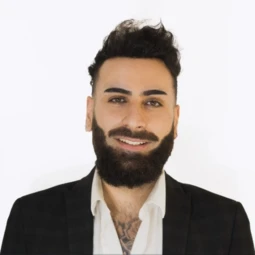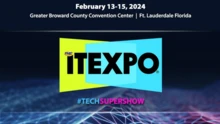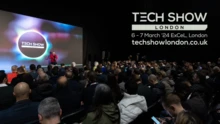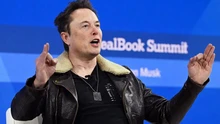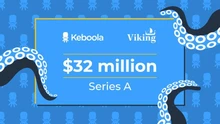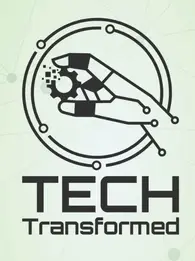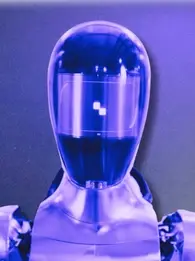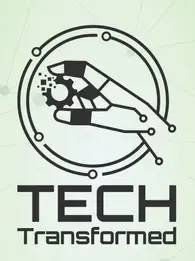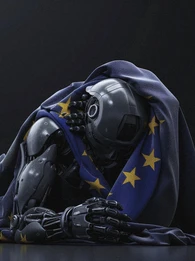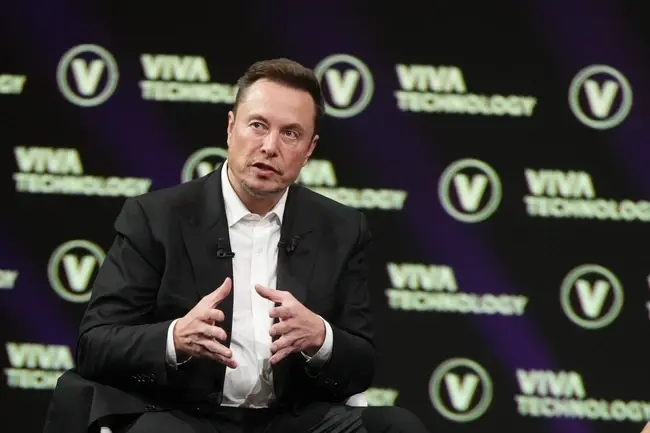
Earlier this month, the owner of Twitter and CEO of Tesla and SpaceX spoke at a conference in Paris about how he motivates himself, his business adventures, and the future of AI.
Elon Musk was soaking up the audience’s reception at Viva Technology, Europe's largest startup and technology conference, in Paris earlier in the month. VivaTech, which ran from 14th – 17th June, has included French President Emmanuel Macron, Salesforce CEO Marc Benioff, and Yann LeCun, a Meta scientist and Turing Award recipient.
But Musk was clearly the star speaker, prompting a relocation from a smaller venue to the 4,000-seat Dôme de Paris, which is usually reserved for musicals. (His mother, Maye Musk, was also present!)
Tesla: ‘I Thought It Would Fail’
“The companies still have a lot to do for their core mission. For electric vehicles, sustainable energy, it’s still, less than 1% of the global fleet is electric. So you’ve got about 2 billion cars and trucks on the road, but still less than 20 million are electric at this point. So this is a long way to go for sustainable energy, for sustainable energy generation.
“For the Tesla mission, I think we’re we’ve made a lot of progress, but still it’s a lot more ahead. Then SpaceX, the goal is a big goal, but we want to try to make life multi-planetary, to extend life beyond Earth. And I think this is important for a number of reasons!”
His prediction of Tesla’s failure:
“There was a need for Tesla because at the time of starting the company, there were no electric vehicles being made, and the big car companies were not making electric vehicles. There were no startups that we were aware of making electric vehicles. So it’s like, well, we should try.”
“And in the case of both Tesla and SpaceX, I thought the chance of success was maybe 10%. So it’s not like I thought it would be successful. I thought it would fail!”
The risk of AI:
“I think there’s a real danger for digital superintelligence having negative consequences. And so if we are not careful with creating artificial general intelligence, we could have potentially a catastrophic outcome. I think there’s a range of possibilities”.
“The most likely outcome is positive for AI, but that’s not every possible outcome. So we need to minimise the probability that something will go wrong with digital superintelligence. So I’m in favor of AI regulation because I think that AI is a risk to the public.”
Changes at Twitter:
“I think that most people would say that their experience has improved, as we’ve gotten rid of 90% of the bots and scams. … We’ve gotten rid of 95% of the child exploitation material that was on Twitter — which was a shock to see, but the amount of that was really terrible. Some of that had been going on for 10 years with no action!”
In response to a child’s question about Neuralink:
“First of all I want to assure everyone who may be worried about Neuralink, Neuralink is going to be a fairly slow process because anything that’s done in humans, it’s very slow. So sometimes people think that suddenly we’re going to be ripping open one’s head and then before you know it, everyone’s connected to the internet, and then we’re in trouble.”
“Hopefully later this year we’ll do our first human device implantation, and this will be for someone who is tetraplegic, quadriplegic, somebody who has lost the connection from their brain to their body. We think that person will be able to communicate as fast as someone who has a fully functional body. So that’s going to be a big deal!”


